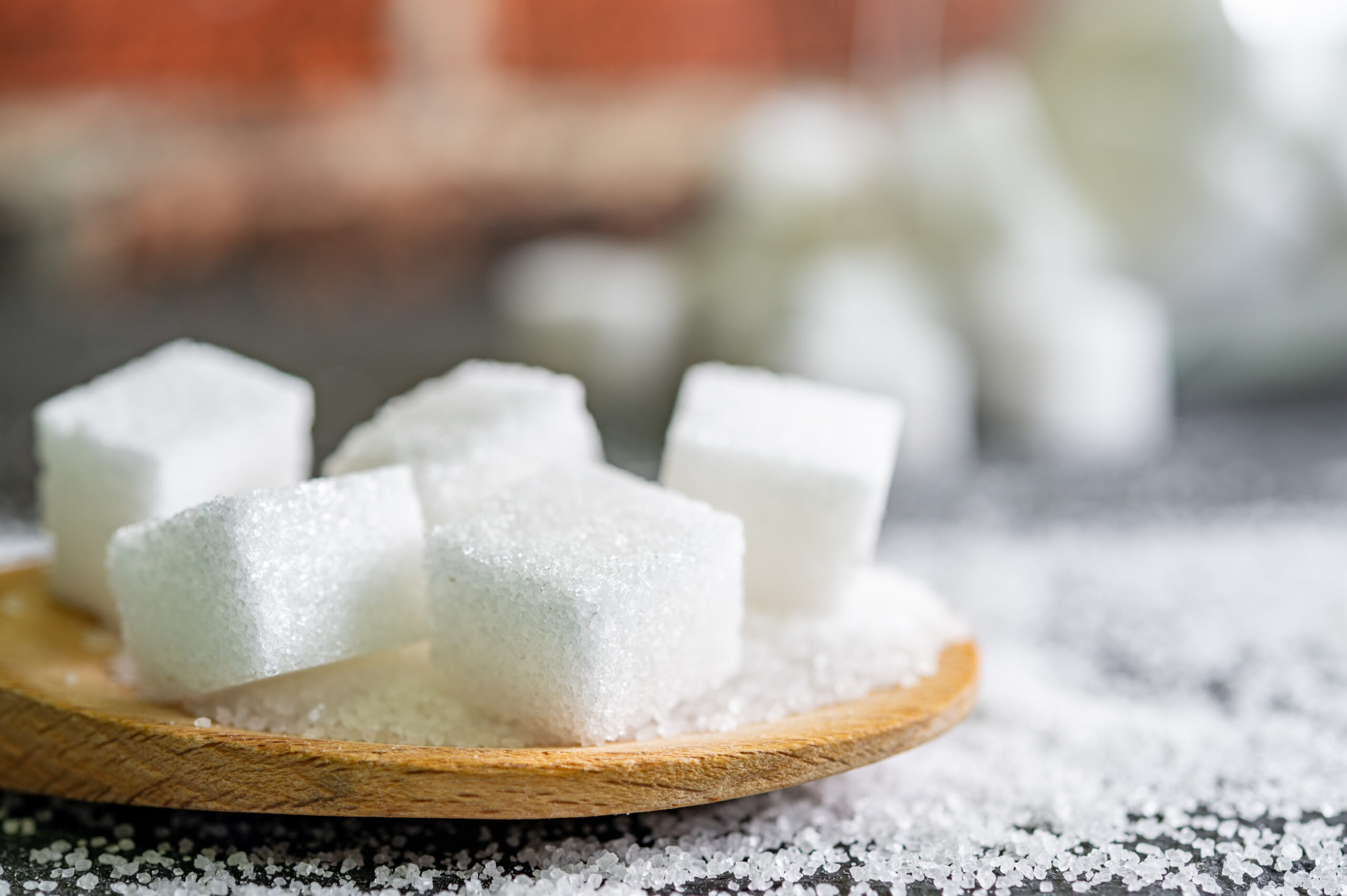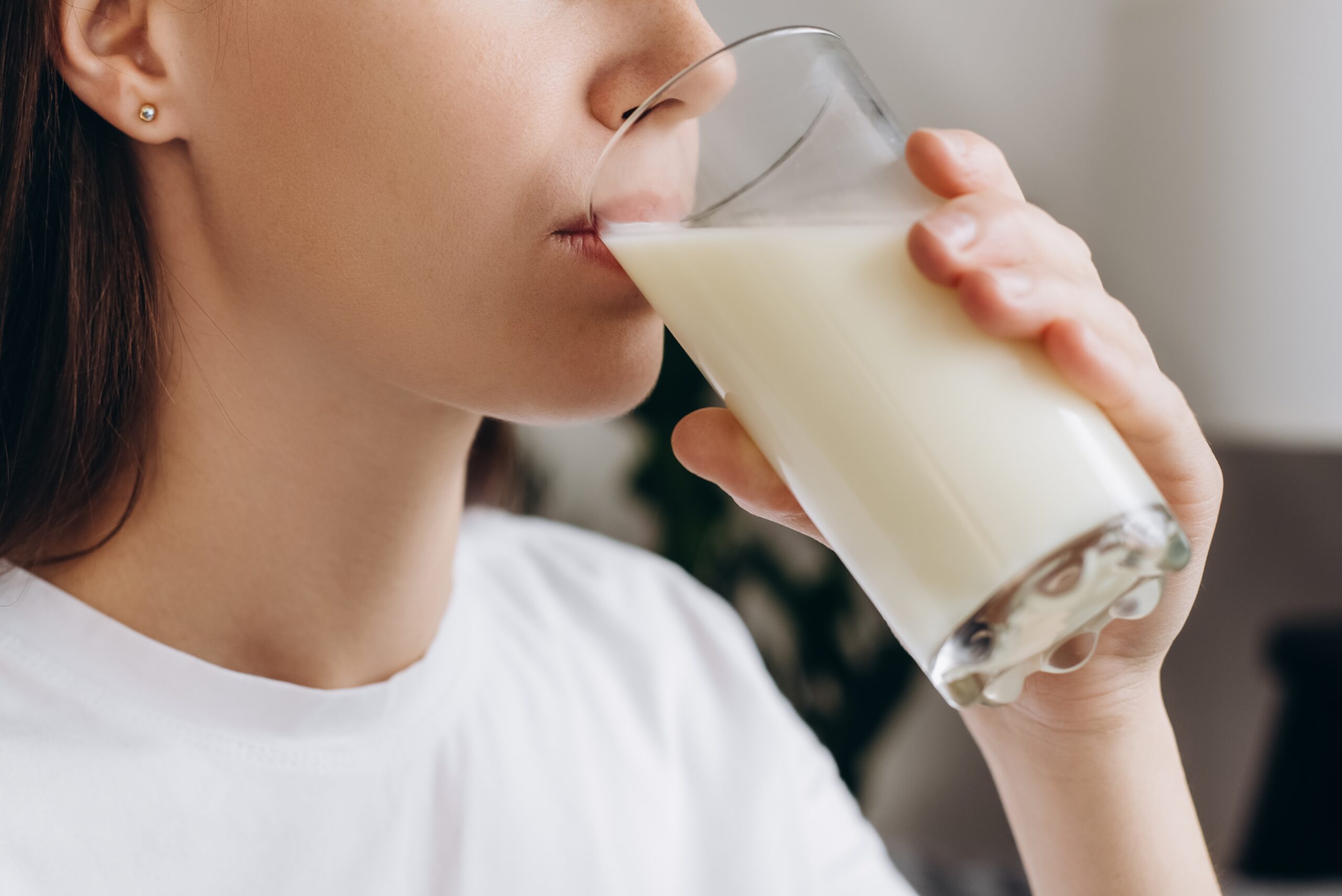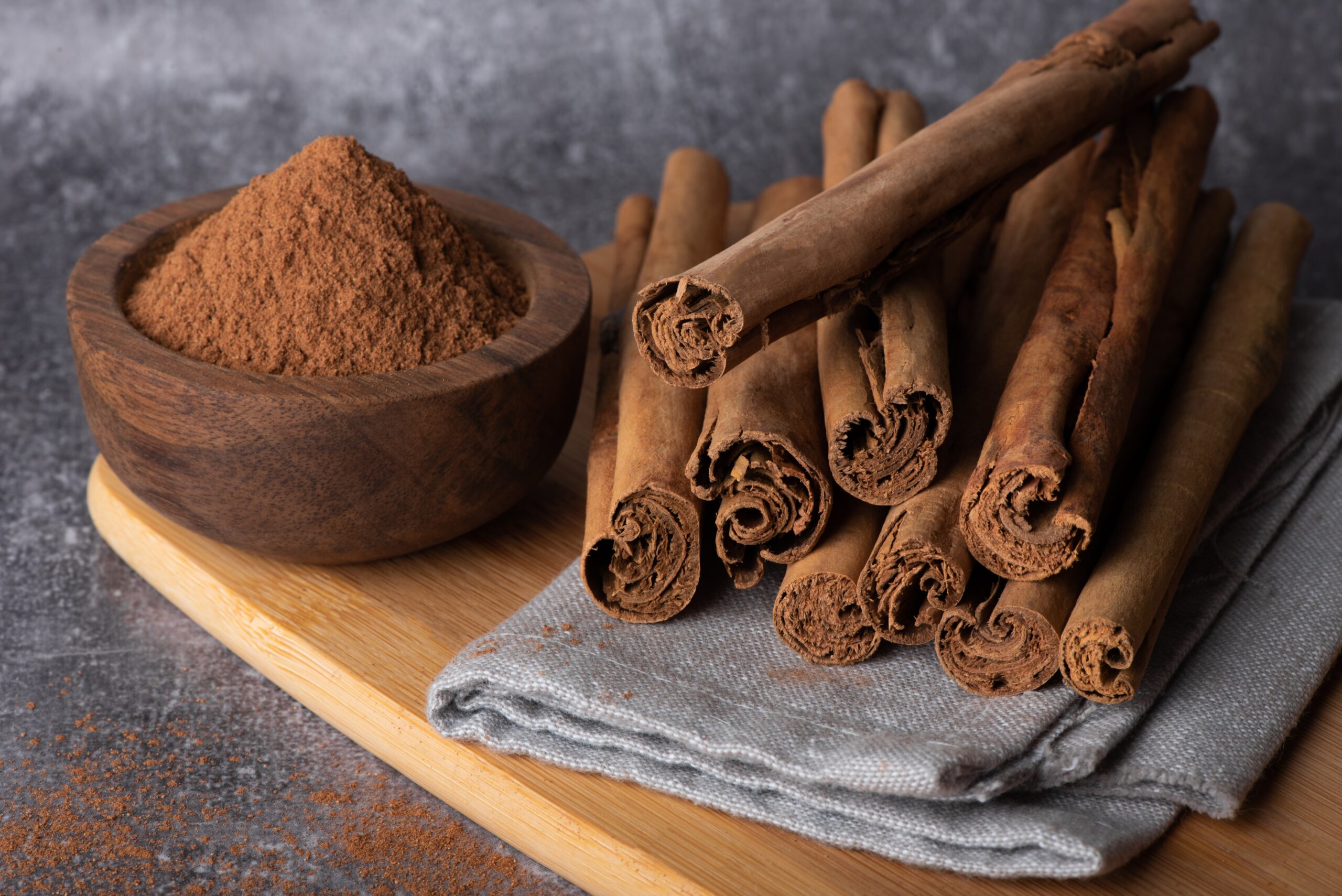A groundbreaking study reveals that sucralose, the artificial sweetener consumed by millions of Americans daily, sabotages cancer immunotherapy treatments.
Story Highlights
- University of Pittsburgh research shows sucralose reduces cancer immunotherapy effectiveness in melanoma and lung cancer patients
- The artificial sweetener disrupts gut microbiome and depletes arginine, impairing critical T-cell immune function
- Arginine supplementation in mice restored immunotherapy effectiveness, offering hope for affected patients
- Study marks first direct link between artificial sweeteners and compromised cancer treatment outcomes
FDA-Approved Sweetener Undermines Cancer Care
Researchers at the University of Pittsburgh and UPMC Hillman Cancer Center discovered that sucralose consumption significantly impairs immunotherapy effectiveness across multiple cancer types. The study, published in Cancer Discovery, examined both animal models and human patients with melanoma and non-small cell lung cancer. Dr. Diwakar Davar, the study’s senior author, confirmed that sucralose “impeded the effectiveness of immunotherapies across a range of cancer types, stages and treatment modalities,” raising serious concerns about dietary choices during critical cancer treatment periods.
Popular sweetener could make cancer treatment less effective, study findshttps://t.co/JBvfK5PKUp
— Darius Radzius (@DariusRadzius) September 11, 2025
Gut Microbiome Disruption Weakens Immune Response
The research identified a specific biological mechanism behind sucralose’s harmful effects on cancer treatment. Sucralose consumption alters the gut microbiome composition, leading to depletion of arginine, an amino acid essential for proper T-cell function. T-cells serve as the immune system’s primary weapon against cancer cells, making their optimal performance crucial for immunotherapy success. This microbiome disruption creates a cascade effect that fundamentally undermines the body’s ability to fight cancer through advanced medical interventions.
Supplementation Offers Potential Solution
Despite the concerning findings, researchers discovered a promising intervention strategy. Laboratory studies demonstrated that supplementing mice with arginine or its precursor citrulline restored immunotherapy effectiveness even when sucralose consumption continued. Lead researcher Dr. Abby Overacre emphasized the practicality of this approach, suggesting supplementation could be more feasible than complete dietary elimination of sucralose-containing products. This discovery provides hope for cancer patients who rely on artificial sweeteners for diabetes management or weight control during treatment. The study’s implications extend beyond individual patient care, potentially affecting millions of Americans who regularly consume diet sodas, sugar-free products, and artificial sweeteners.
Industry and Regulatory Implications
These findings challenge the widespread assumption that FDA-approved artificial sweeteners are universally safe for all populations. The research suggests that vulnerable groups, particularly cancer patients undergoing immunotherapy, may face previously unrecognized risks from products marketed as healthy alternatives to sugar. Food and beverage manufacturers using sucralose may face increased scrutiny and potential reformulation pressures if these findings prompt regulatory review or changes in medical recommendations for cancer patients.
The research team proposes clinical trials to test arginine supplementation protocols specifically for cancer patients consuming sucralose. This represents a shift toward personalized dietary interventions that could become standard practice in cancer care. The study underscores how seemingly innocuous dietary choices can have profound impacts on cutting-edge medical treatments, highlighting the complex interplay between nutrition, microbiome health, and immune system function in cancer therapy outcomes.
Sources:
Popular artificial sweetener sucralose may negatively affect cancer immunotherapy
Popular sweetener could make cancer treatment less effective, study finds
Sucralose Could Make Cancer Treatment Less Effective
An artificial sweetener may hamper cancer treatment









